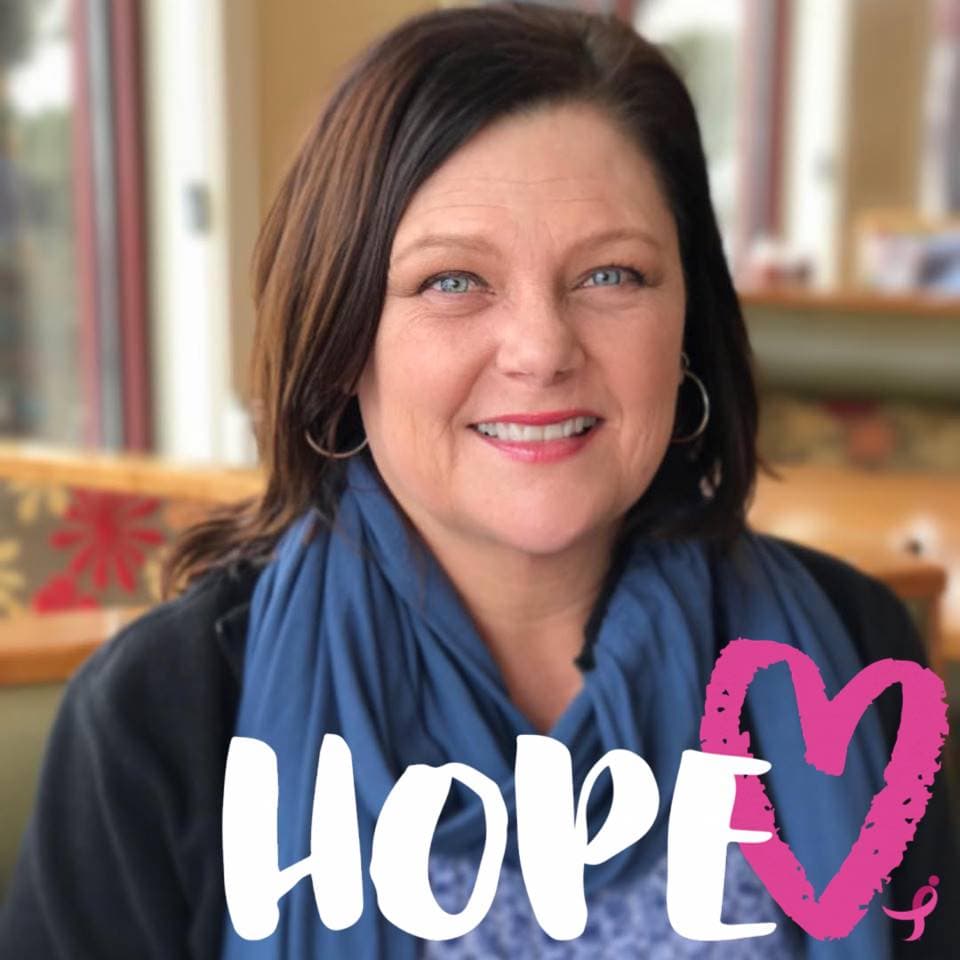
2025-05-07T13:59:05
Defying the Odds: How Revere Health Helped One Utah Woman Afford Live-Saving Cancer Treatment
- Cancer Center
- Medical Oncology
- Patient Testimonials
March 27, 2023 | Cancer Center • Gastroenterology
Specialties:Gastroenterology

According to the American Cancer Society, 52,550 people will die from colorectal cancer in 2023. A common misconception around colorectal cancer is that it only affects older men, however, death rates have steadily increased since 2005 in people under 50, and women still have a 4.1% chance of developing colorectal cancer compared to mens’ 4.3% chance of diagnosis.
However, there are reasons to be hopeful: declines in incidence (or rates of new cases), earlier detection, and improvements in treatment have resulted in a 57% drop in the overall colorectal cancer death rate from 1970 (29.2 per 100,000) to 2020 (12.6 per 100,000). The American Cancer Society attributes this decline to changes in risk factors, such as an overall decrease in smoking and an increase in routine cancer screenings like colonoscopies.
Read on to learn more about colorectal cancer, risk factors, and why getting your routine colonoscopy could be an effective and life-saving screening tool.
Colorectal cancer can develop when the old cells in the inner lining of the colon or rectum don’t die when they should, resulting in an overpopulation of cells that develop into growths, or polyps. Keep in mind that polyps aren’t always cancerous, but there is a chance that a polyp will turn into cancer. The American Cancer Society lists three different types of polyps:
The most common type of colorectal cancer is adenocarcinoma, which means the cancer develops in the cells that make mucus to lubricate the inside of the colon and rectum. Other types of cancers that start in the colon and rectum include carcinoid tumors, gastrointestinal stromal tumors, lymphomas, and sarcomas.
Risk factors don’t always mean you’ll develop cancer, but they do increase your chances. The good news is that most risk factors are lifestyle choices that can be modified, including:
Even if you lead a healthy lifestyle, you may still be at risk for colorectal cancer due to age, genetics, or a family history of the disease. Scheduling a routine colonoscopy is an effective method of detecting colorectal cancer early, especially if you know you have a higher risk of developing it.
A colonoscopy is a screening procedure physicians use to look inside the colon and rectum. Colonoscopies are conducted using a tool called a colonoscope, which is a long, flexible tube with a light and camera attachment used to detect and extract samples of polyps, or polyp-like substances.
While there are many screening tests now available for colorectal cancer, the colonoscopy remains the gold standard because it is sophisticated enough to find issues that other tests may miss. For example, Cologuard testing is only sensitive enough to detect existing colon cancer or advanced adenomas (lesions that are either greater than 10 mm or that have very high risk for progression to colon cancer). A colonoscopy is also the only test that can prevent colon cancer through the removal of polyps. Special tools can be passed through a colonoscope and are used to remove small polyps or tumors found in the rectum or colon.
*If you are scheduled for your routine colonoscopy, make sure to discuss your preparation with your healthcare provider so you know what to expect.
The American Cancer Society recommends that individuals at average-risk begin screening for colorectal cancer at the age of 45, however those at increased or high-risk should start the screening process before the age of 45.
Revere Health is committed to high-quality preventative care, which is why we offer a wide-array of endoscopic services at our Gastroenterology clinics. Visit our Gastroenterology page to learn more about our diagnostic and treatment services.

WRITTEN BY:
Zahra Nielsen
Zahra Nielsen currently serves as Revere Health’s Community Relations Specialist. She earned her bachelor’s degree in Behavioral Science from Utah Valley University with the intention of working with at-risk communities, but she has since found a love for community engagement, volunteerism, and outreach. Since graduating, her career has taken her to non-profit organizations across the country. From Washington D.C, New York, and Salt Lake City, she has had the opportunity to work with notable organizations such as the National Council for Adoption, Volunteers of America, and United Way. After years of working in different areas of community engagement, Zahra has found her niche in writing. She hopes to pursue this creative form of outreach as a way of inspiring community members to be mindful of their well-being and the well-being of others. In her free time, Zahra likes to practice and teach yoga. She also enjoys live theatre, listening to music, and watching endless hours of quirky movies and TV shows with her husband.

2025-05-07T13:59:05

2021-11-29T16:31:04

2021-10-27T16:18:53

2021-09-02T11:02:37
This information is not intended to replace the advice of a medical professional. You should always consult your doctor before making decisions about your health.